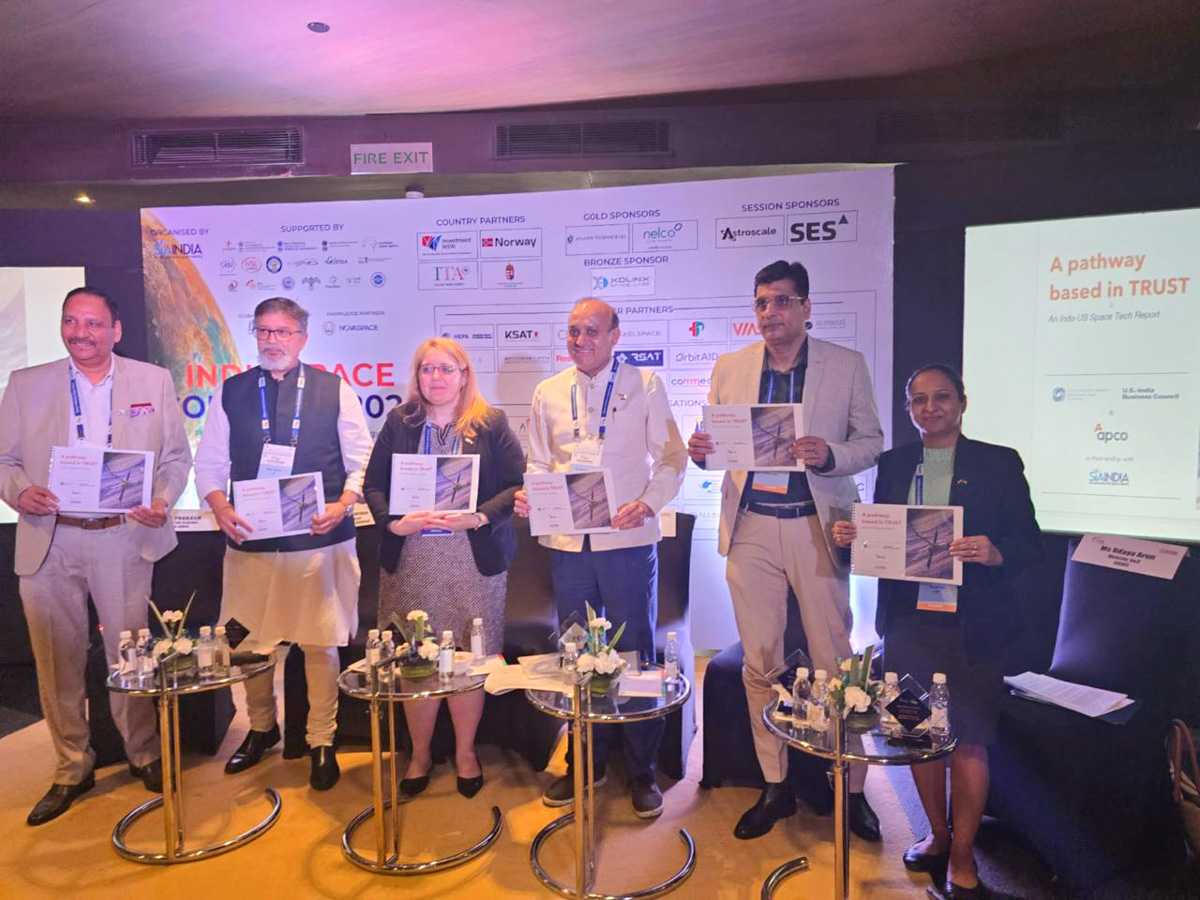

In the next three years, Brazil is set to host two of the largest multilateral conferences in the world – the G20 Summit and possibly COP30 – bringing in leaders, businesses and organizations who will need to understand and align with Brazil’s priorities and vision for global challenges. Brazil will also use this opportunity to showcase its leadership and influence in the diplomatic and economic spheres, as well as to advance its interests and values.
The G20 opportunity
Brazil is hosting for the first time the G20, the group of the world’s 19 largest economies plus the European Union and the African Union, for a period of one year starting from December 1, 2023. This is a historic opportunity for Brazil to showcase its attributes and credentials and to project its public policy priorities and external relations in the group’s areas of activity.
The G20 was established in 1999 as a response to the global financial crisis and has since evolved into the main forum for dialogue and coordination on economic, social, development, and international cooperation issues. The group’s agenda is defined and implemented by the rotating presidency, with the support of the previous and the next presidencies, forming a troika. Brazil will work closely with India, the outgoing presidency, and South Africa, the incoming presidency, to ensure continuity and coherence in the group’s work. All three countries are part of the BRICS (along with China and Russia), which could signal a nod to the group’s priorities.
President Lula has announced three main priorities for its G20 presidency:
- Social inclusion and the fight against hunger: Brazil wants to promote policies that reduce inequality, poverty, and hunger, and ensure access to basic services such as health, education, and social protection. This has personal importance to President Lula, as combatting hunger and uplifting millions out of poverty were part of his legacy as president in 2002 and 2006.
- Energy transition and sustainable development: Brazil aims to foster a low-carbon and resilient energy transition that promotes innovation, efficiency, and competitiveness. Brazil also advocates for the conservation and sustainable use of natural resources, biodiversity and ecosystems and the protection of the rights of indigenous peoples and local communities.
- Reform of the global governance institutions: Brazil calls for a more representative, transparent, and effective global governance system that reflects the current global landscape. Brazil seeks to reform the United Nations Security Council, the International Monetary Fund and other multilateral institutions to enhance their legitimacy, accountability and responsiveness.
What about COP?
While not yet confirmed, Brazil is also likely to host the COP30, the 30th session of the Conference of the Parties to the United Nations Framework Convention on Climate Change (UNFCCC), in 2025. Brazil will have to balance its own national interests, such as the development of its energy sector and the preservation of its natural resources, with global expectations and commitments on climate action. Brazil will also have to deal with the challenges and opportunities of the transition to a low-carbon economy, such as the promotion of renewable energy, the enhancement of energy efficiency and the creation of green jobs.
So What?
From now through December 2025, Brazil will be in the spotlight, setting priorities and leading global discussions. C-Suite, government officials, and civil society (one of Brazil’s new features for its presidency is the G20 Social) across the world will be trying to navigate the priorities set forth by Brazil. Stakeholders in the country will also be maximizing every opportunity to position Brazil as a regional and global leader on the diplomatic stage, as well as in the international economy.
In this environment where multiple prospects are entering Brazil and Brazil is reopening itself to the world, organizations wishing to participate in this historical moment will require a deep understanding of the dynamics, the stakeholders, and the issues at stake.
To effectively engage with Brazil and the G20 and COP30 processes, organizations need to have a clear strategy and a strong presence, leveraging networks, building coalitions and creating synergies.


